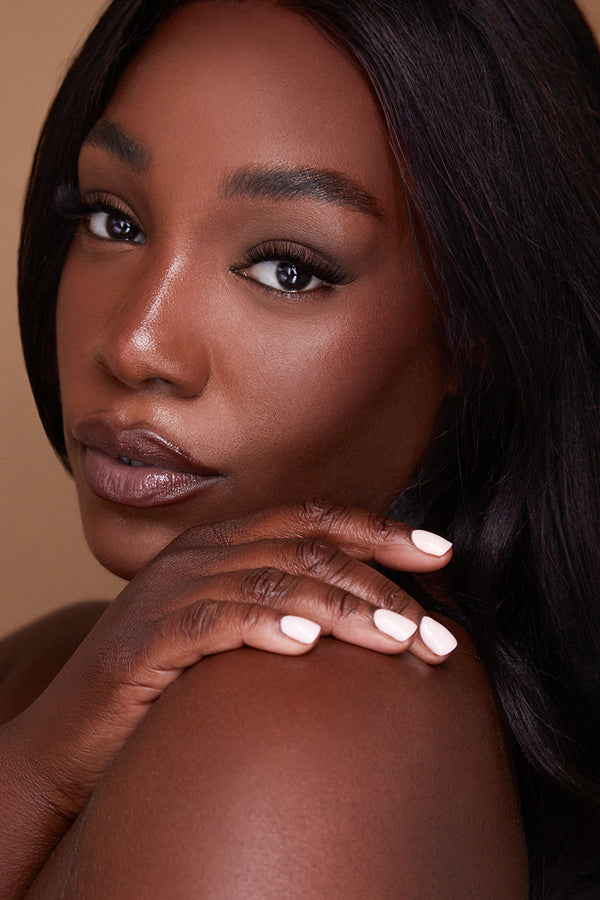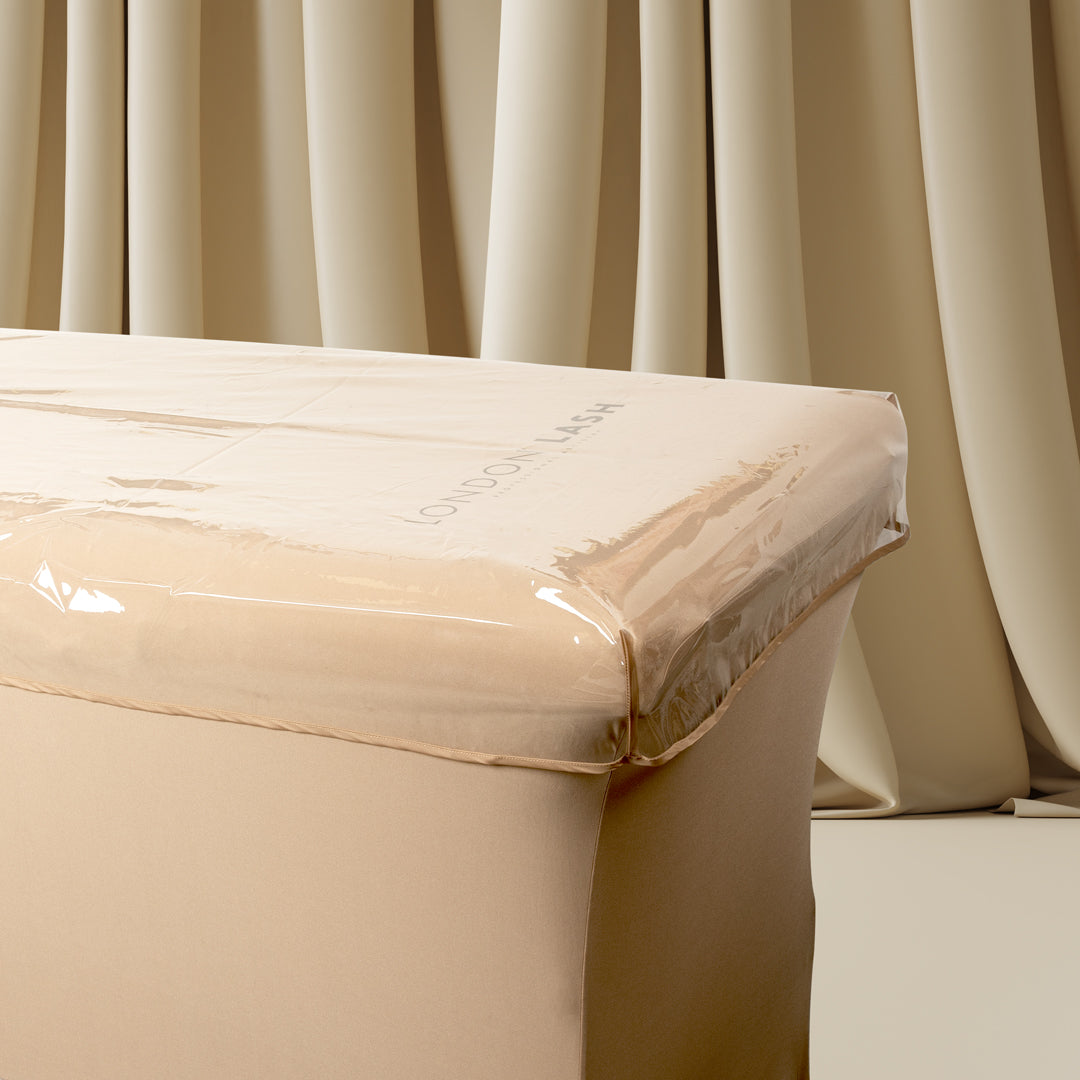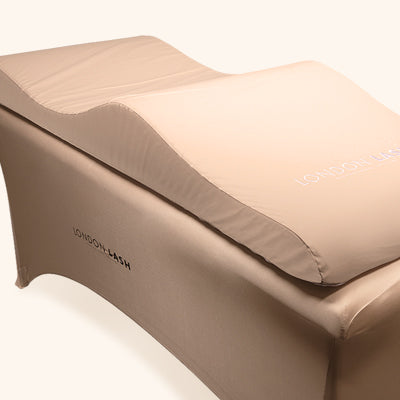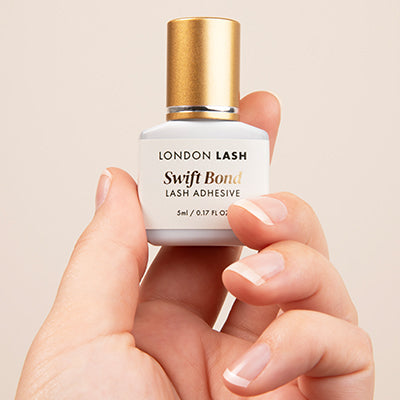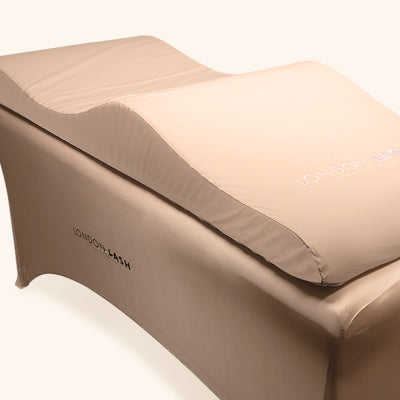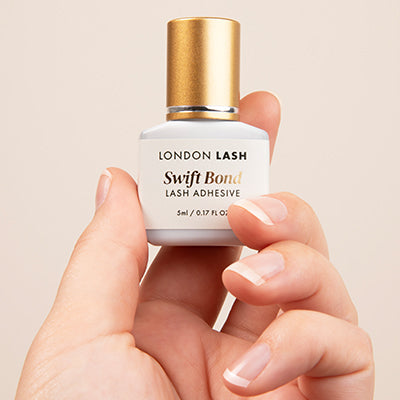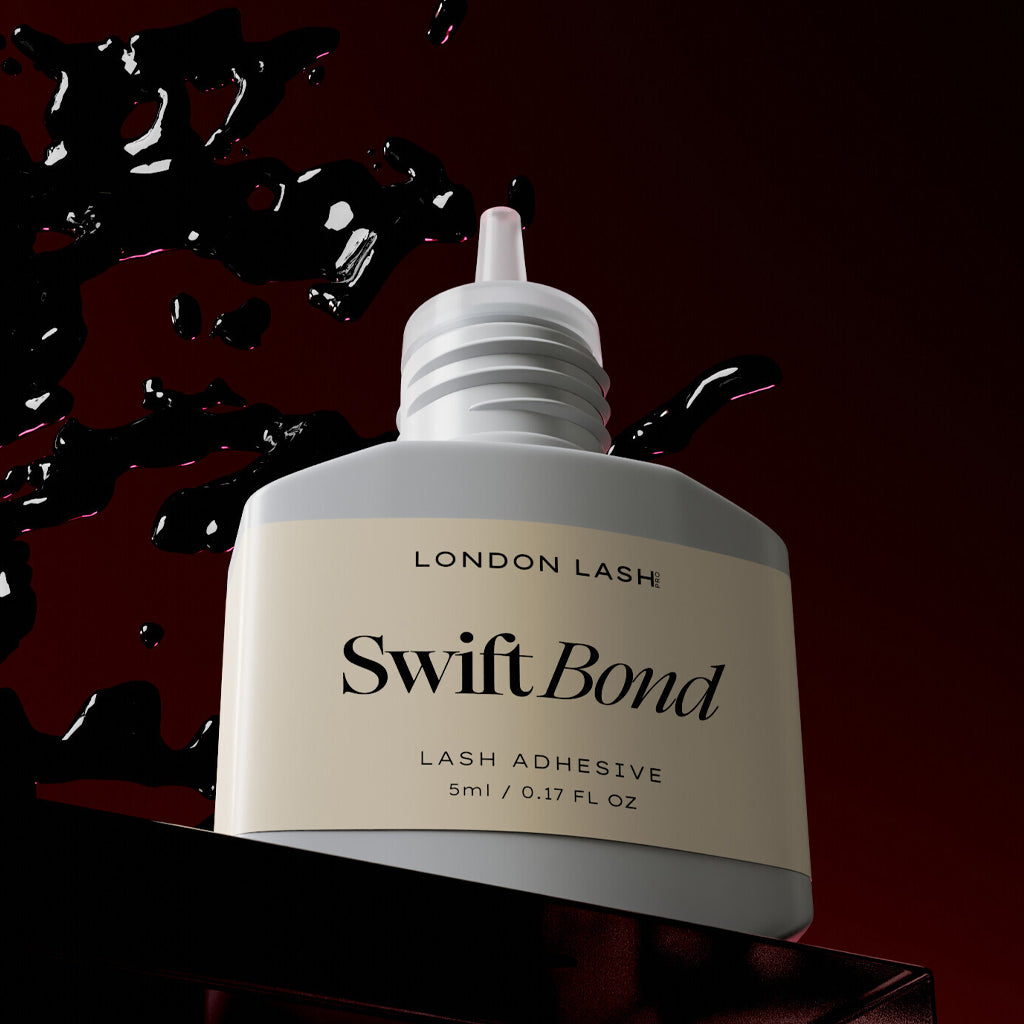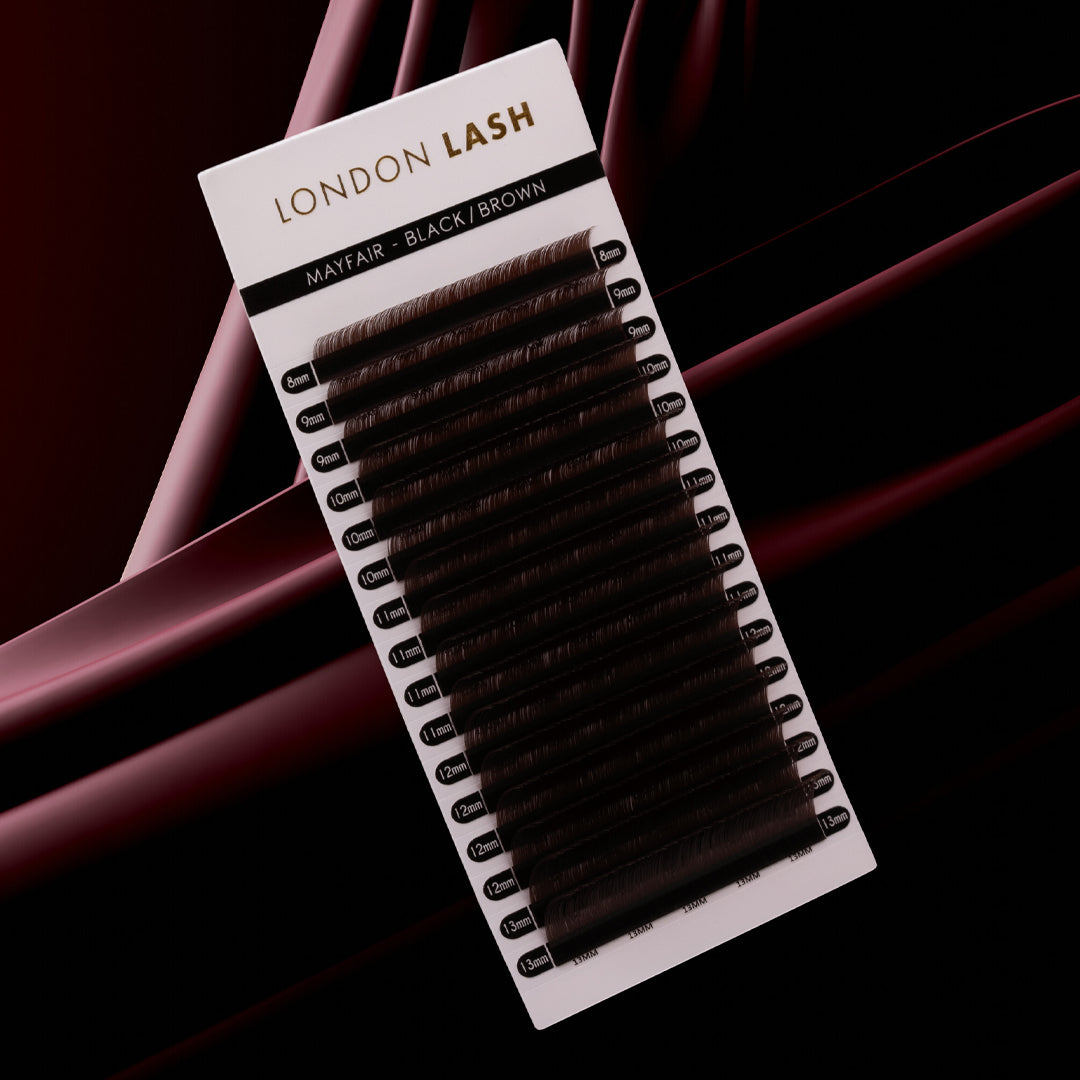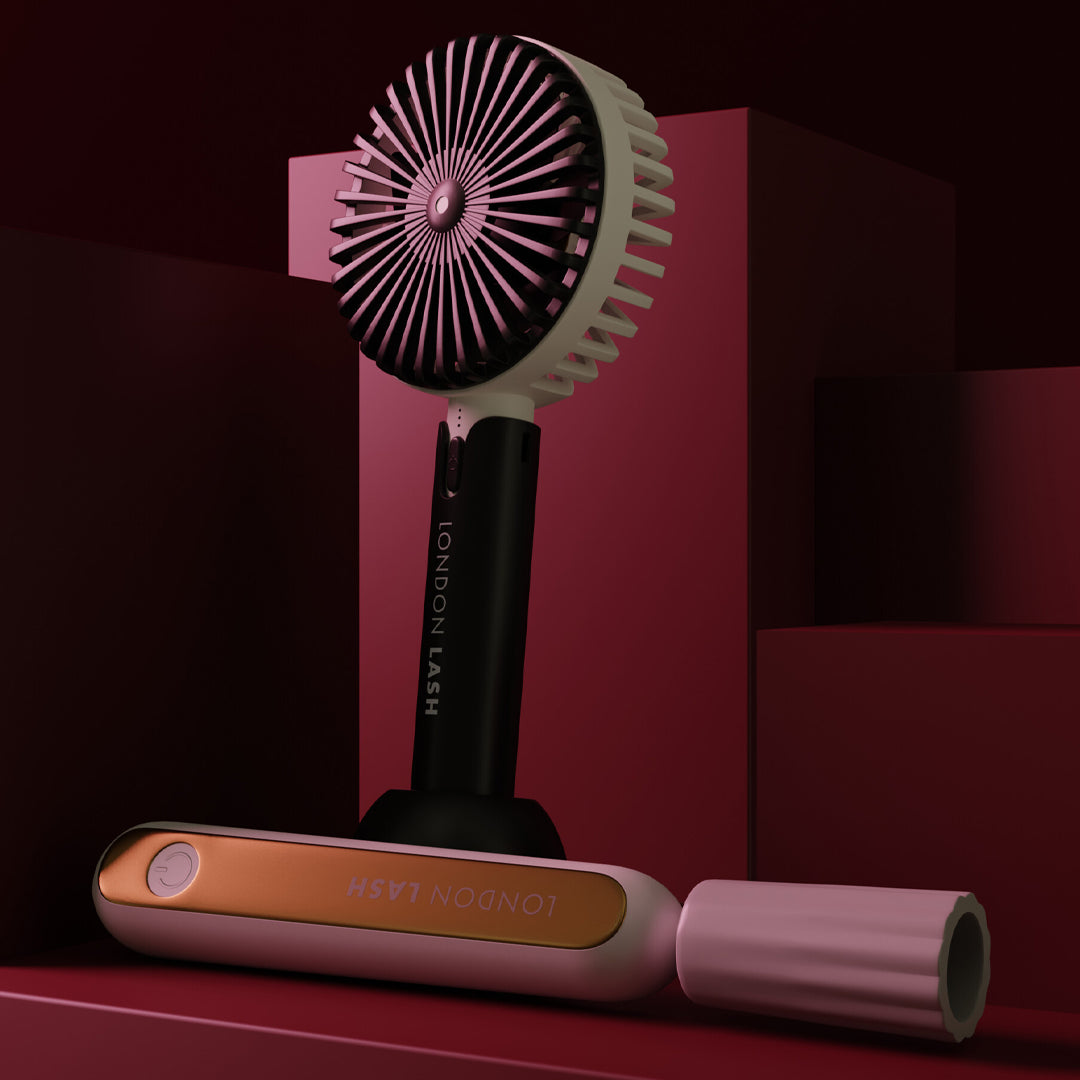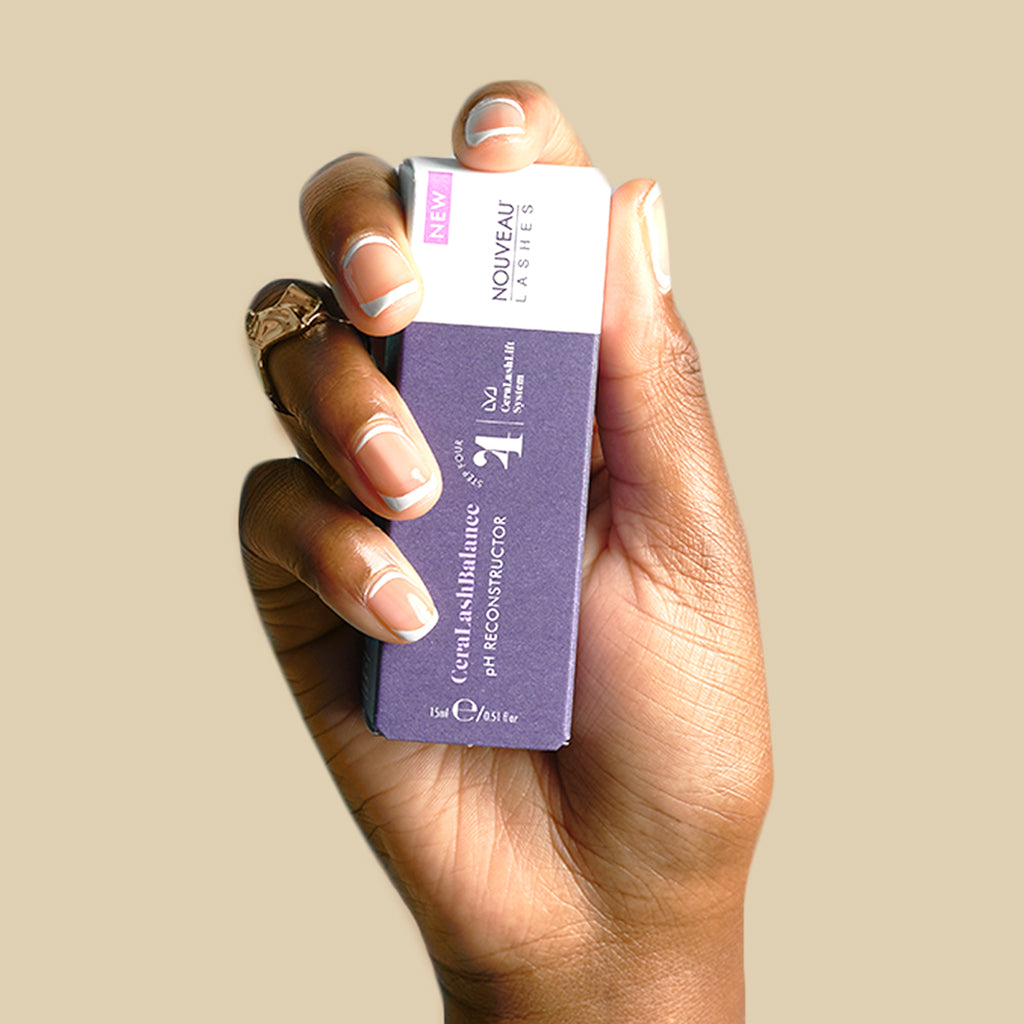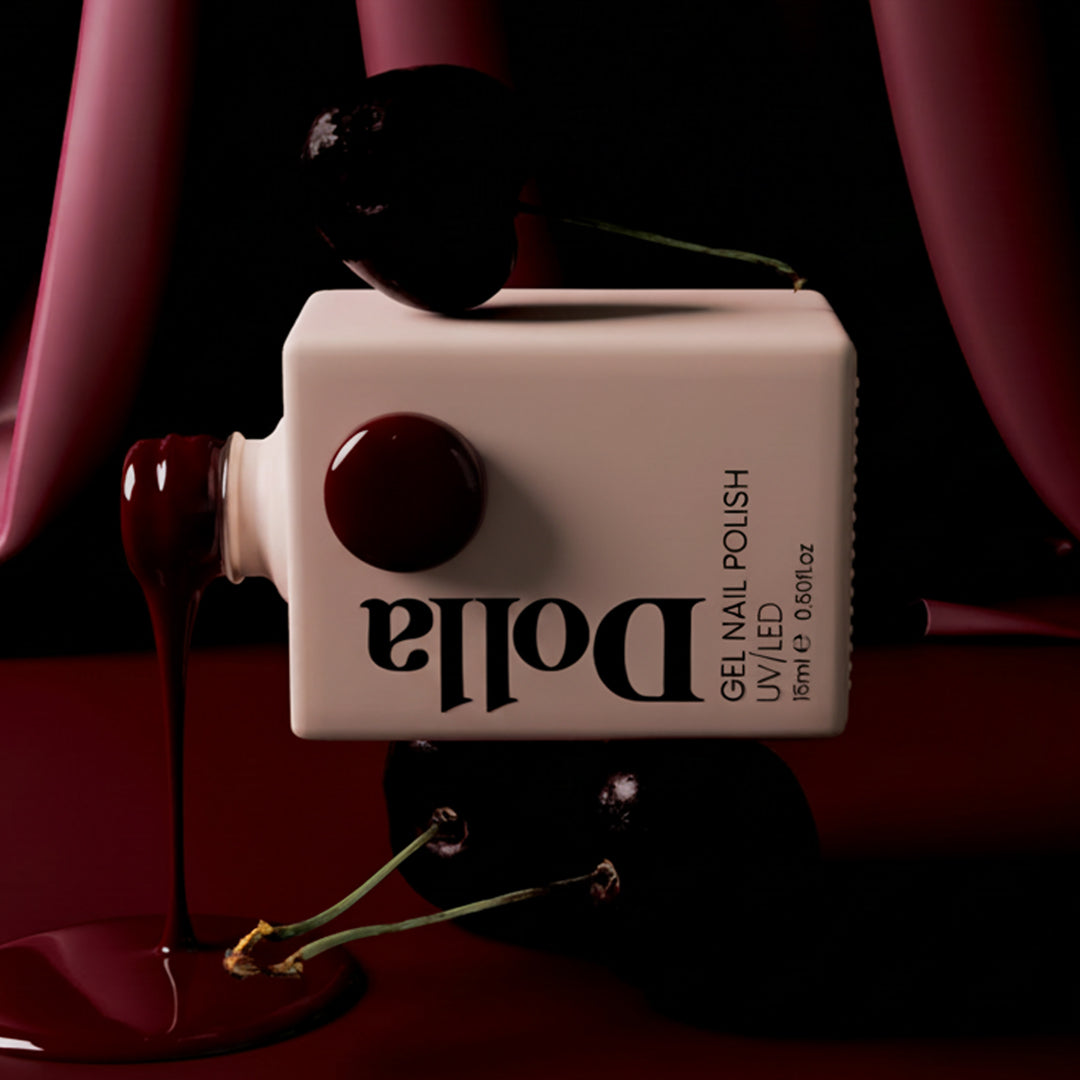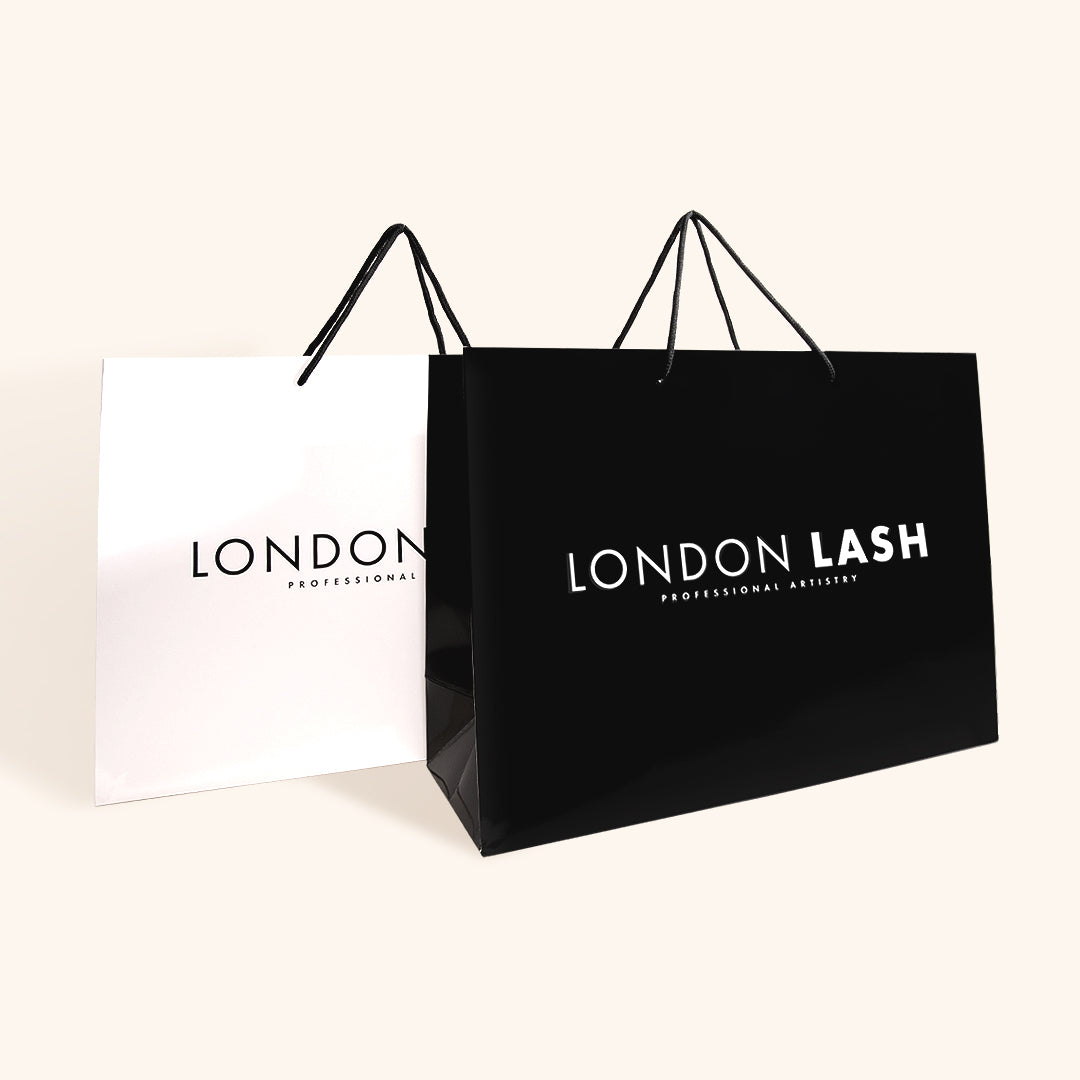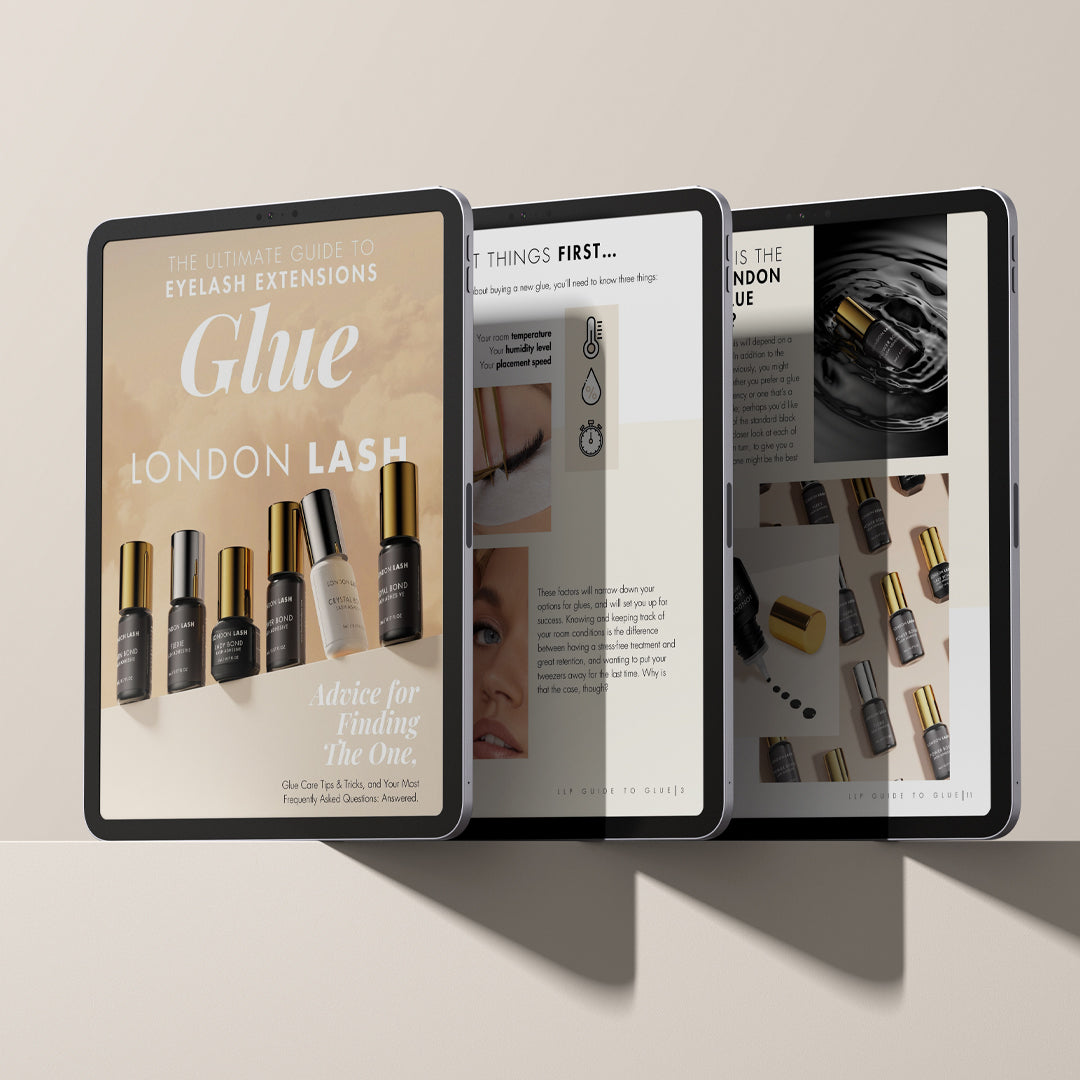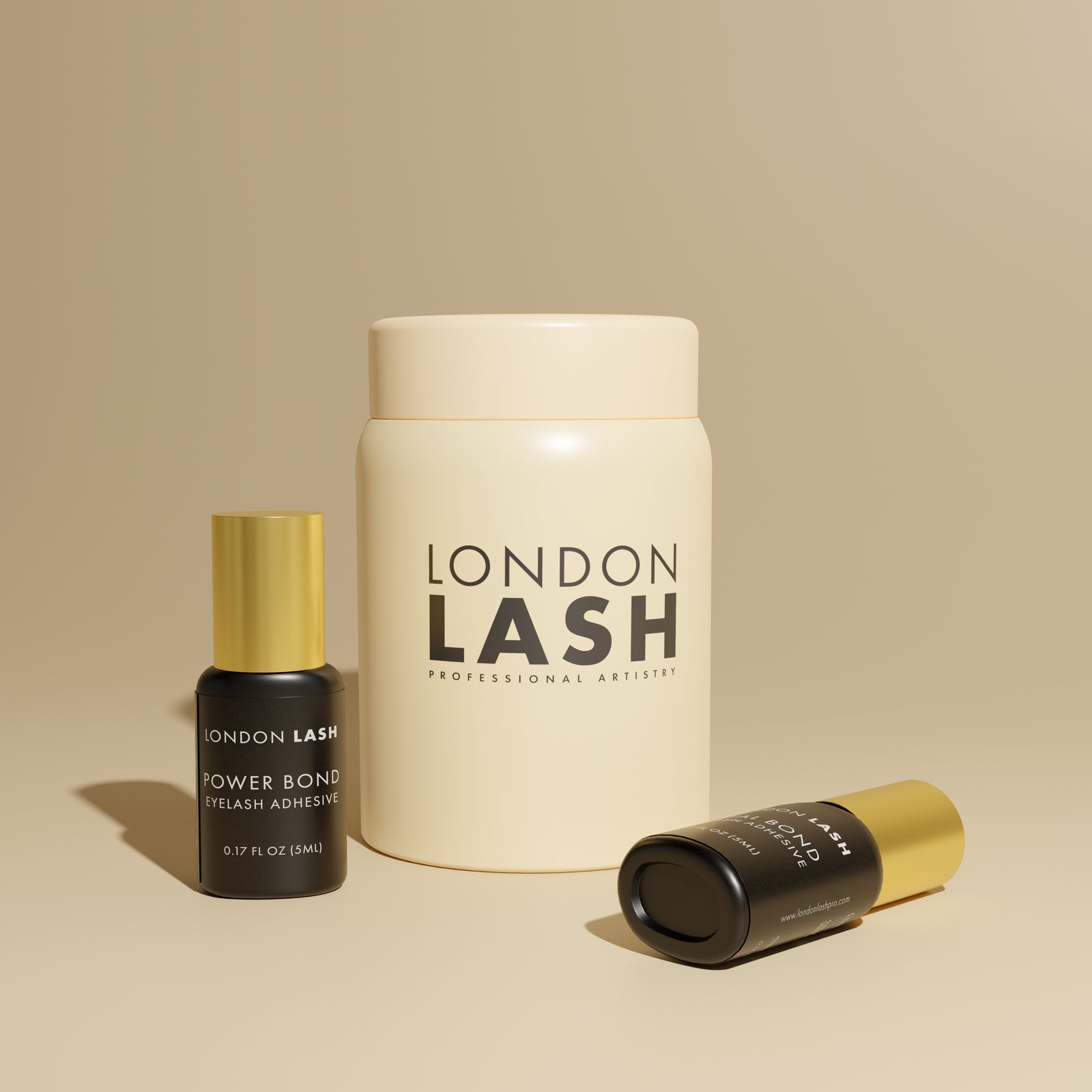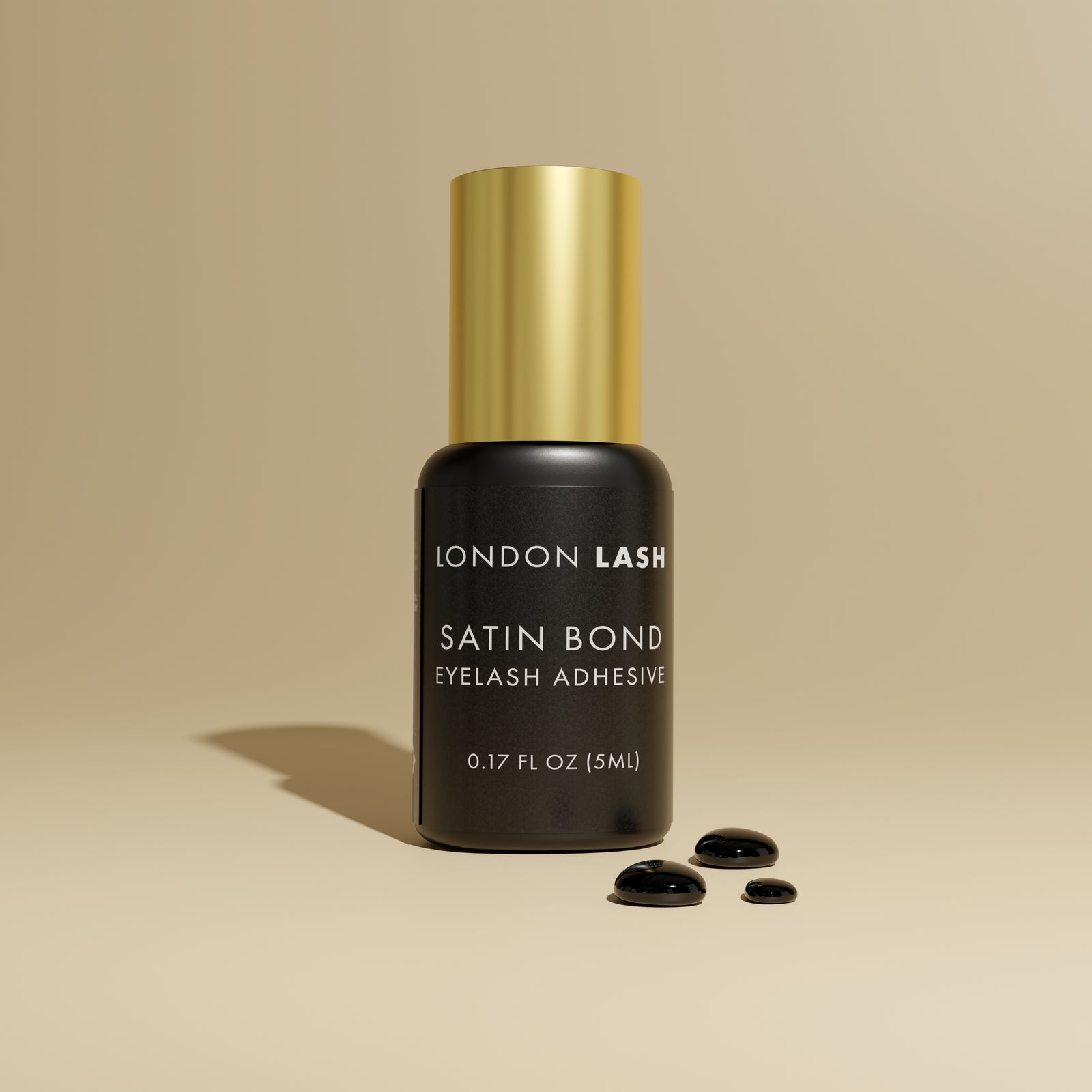New In
Glues & Liquids
Lashes
LASH LIFT
Dolla Nails Pro
Online Training
Save up to 57% off
The TRUTH About Sensitive Lash Glue...
August 27, 2021 2 min read

Let's Talk About Sensitive Lash Glue | Sensitive Eyelash Adhesives: A Professional Insight
With a few years of experience in the lash industry, I've spent years nurturing the growth of the London Lash Instagram page and later transitioned into customer service for over two years. During this time, I've encountered numerous inquiries about sensitive eyelash adhesives and have spent a LOT of time around lash glue too. Let's dive into the details.

What is Sensitive Lash Glue?
The key factor in determining the sensitivity of an eyelash adhesive is its cyanoacrylate content. The lower the cyanoacrylate, the more 'sensitive' the adhesive is considered. However, this also means a slower drying time, exposing clients to fumes for an extended period, and prolonging the application process as the adhesive takes longer to cure. Additionally, this increases the likelihood of 'stickies' due to the lash glue remaining wet for a longer duration.
Can Sensitive Eyelash Glues Prevent Allergic Reactions?
Unfortunately, no, using sensitive eyelash glue will not prevent an allergic reaction. While they may delay or lessen the severity of an allergic reaction initially, if a client is allergic to cyanoacrylate, there's no way around it. Allergic reactions to eyelash adhesives are cumulative, meaning they intensify over time. This is particularly true for long-term clients, who are more prone to severe reactions.

Do Sensitive Lash Glues Prevent Chemical Burns?
Again, the answer is no, sensitive lash adhesives do NOT prevent the likelihood of your client getting a chemical burn. Sensitive lash glues still contain the same ingredients and emit fumes. Due to their slower drying time, both the technician and client are exposed to these fumes for a longer period, potentially increasing the risk of chemical burns, especially if the client's eyes remain open during application.
Do Sensitive Lash Glues Work?
While I cannot speak for all lash brands, we chose not to label any of our adhesives as 'sensitive' as it leads you to believe your client’s allergy to glue will be cured when in actual fact, it may reduce it but it will build back up again. Some brands do offer slower-curing 'sensitive' adhesives. You might find them useful, but it's important to proceed with caution.

Are There Cyanoacrylate-Free Adhesives?
Adhesives without cyanoacrylate are in development but are rare and sporadic in the market. We actually tested one a few years back, but it didn't meet our expectations in terms of performance and retention. Developers and brands find it more challenging to source them nowadays, probably for that reason. However, if they are available and of excellent quality, we will be the first in line to add them to our collection.
For more insights on chemical burns and allergic reactions, and to discover tips for prevention and recognition, be sure to check out our detailed blog post on the subject!
Check out these featured products
Subscribe
Sign up to get the latest on sales, new releases and more …
